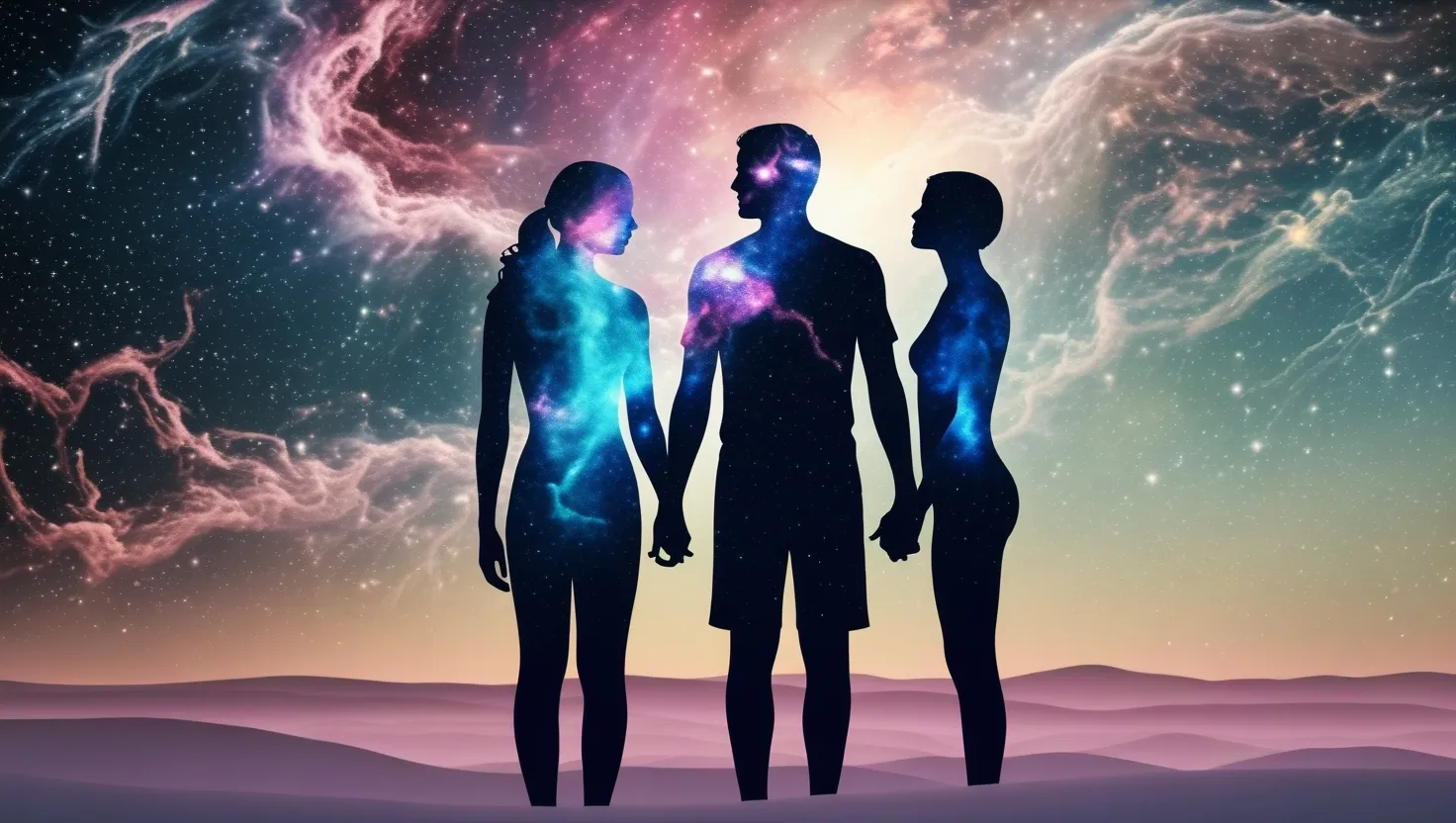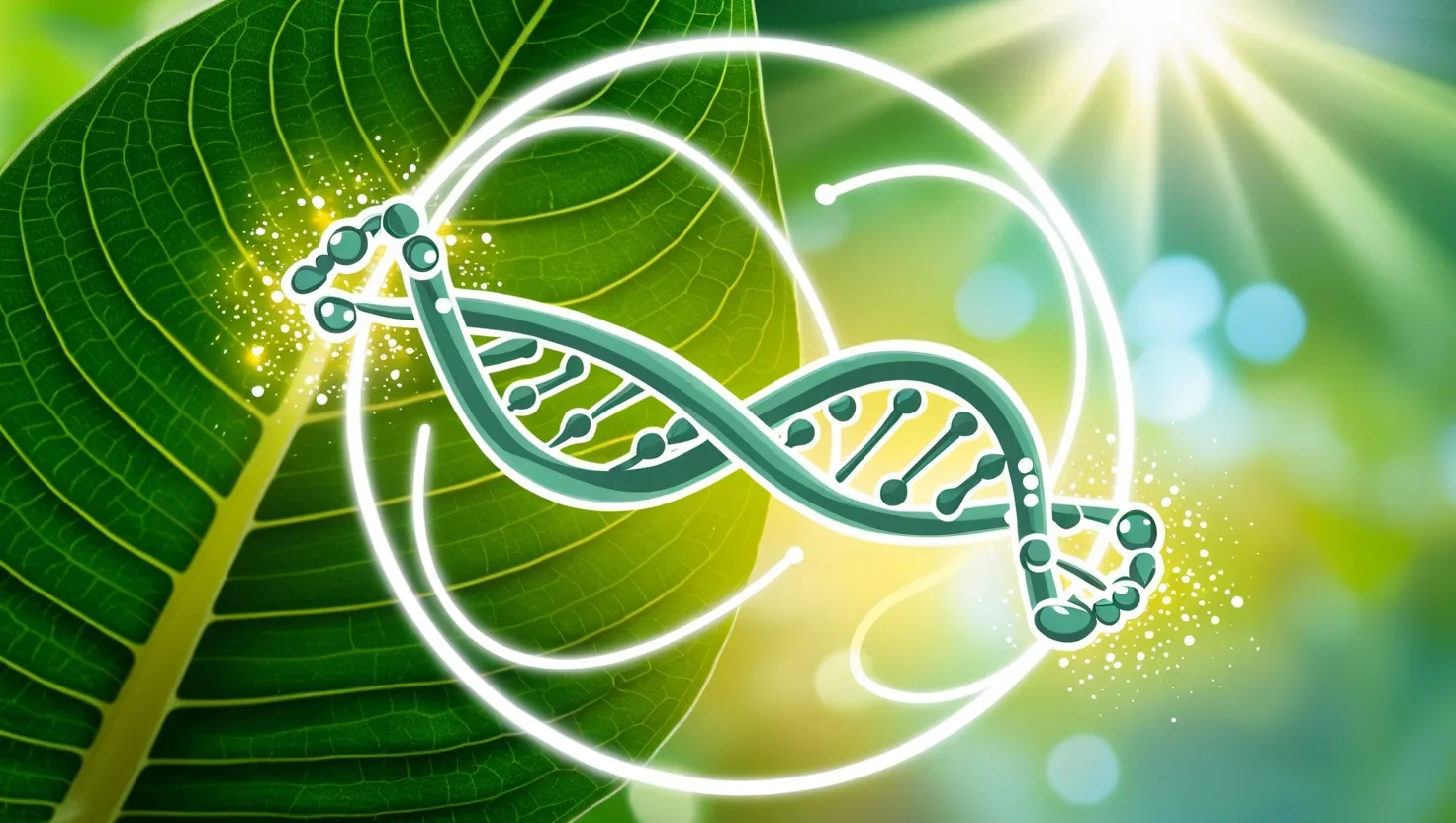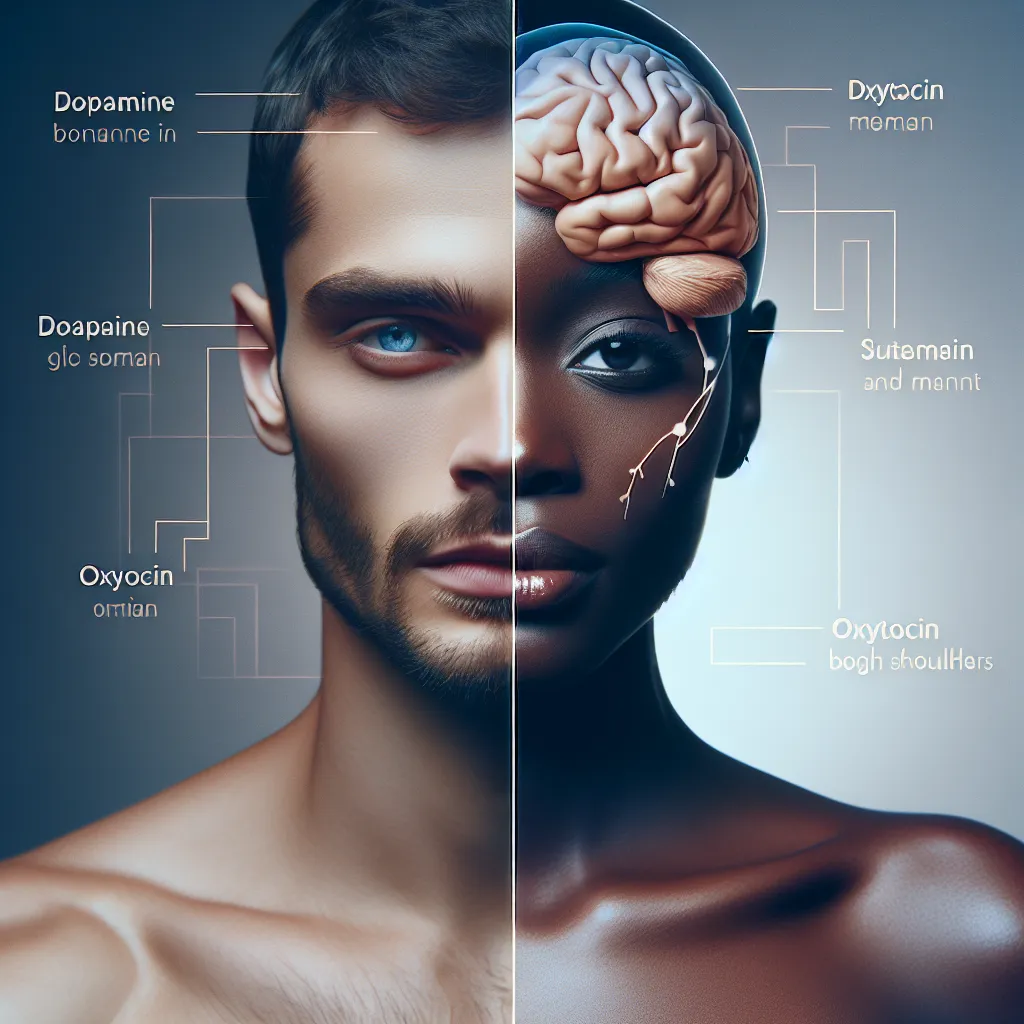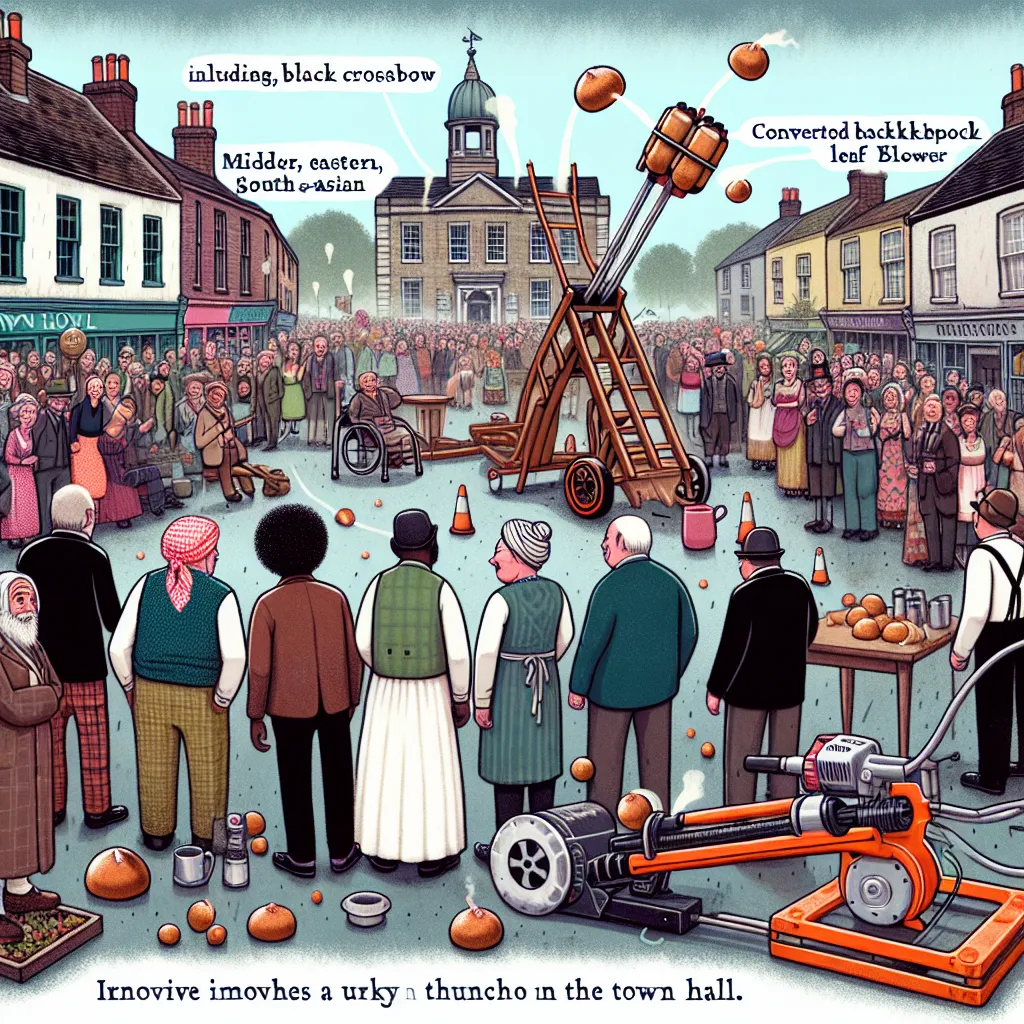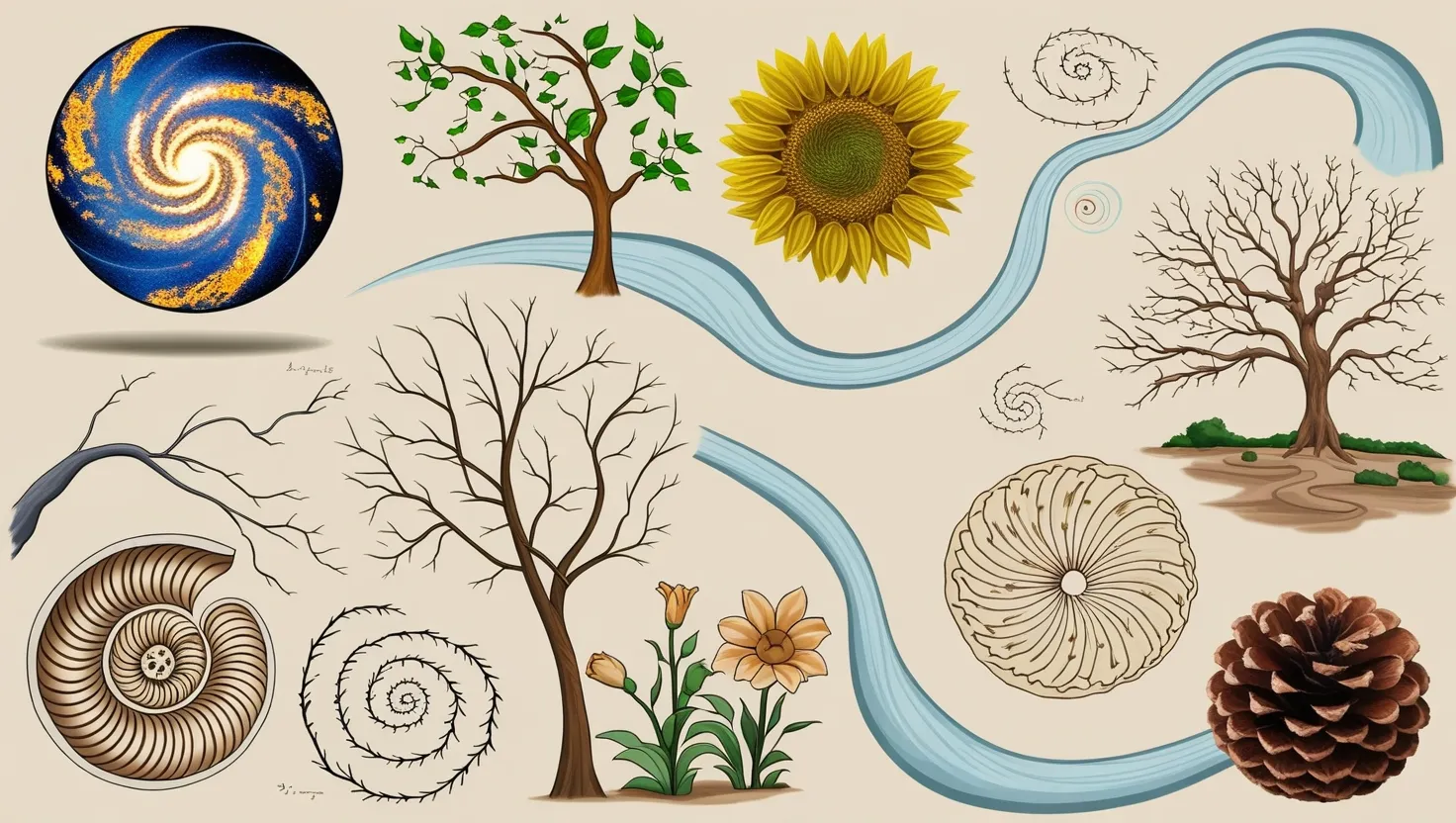Imagine a world where your emotions are not just personal experiences, but part of a vast, interconnected network that transcends space and time. This concept, often referred to as the “quantum empathy effect,” suggests that human emotions could be entangled, allowing us to feel and influence each other’s feelings in ways that defy conventional understanding.
To delve into this fascinating theory, let’s start with the basics of quantum entanglement. In the quantum world, particles can become linked in such a way that a change in one particle instantly affects the other, regardless of the distance between them. This phenomenon, first described by Austrian physicist Erwin Schrödinger, challenges our traditional notions of space and time.
Now, what if this entanglement is not limited to particles, but extends to the realm of human emotions? Some researchers propose that our feelings could be part of an entangled system, where the emotional state of one person can influence another, even if they are separated by vast distances. This idea is both intriguing and unsettling, as it suggests that our emotions are not isolated events but are interconnected in a way that is still not fully understood.
One of the most compelling aspects of this theory is its potential to explain phenomena like telepathy. Telepathy, the transfer of thoughts or feelings from one person to another without using known channels of communication, has long been a subject of parapsychological research. If our emotions are entangled, it could provide a scientific basis for understanding how people can sense each other’s feelings without any apparent physical connection.
Consider the collective emotions that arise during major events, such as natural disasters or global celebrations. During these times, it often feels as though there is a shared emotional resonance that transcends individual experiences. The quantum empathy effect could offer an explanation for this collective emotional response, suggesting that our feelings are not just personal but are interconnected on a deeper level.
This concept also resonates with the sense of connection we feel with loved ones who are far away. Have you ever felt a sudden pang of sadness or joy without knowing why, only to later discover that it coincided with a significant event in the life of someone close to you? While this can be attributed to coincidence or intuition, the quantum empathy effect provides a more profound explanation: our emotions are entangled, allowing us to sense each other’s feelings across distances.
But what if this emotional entanglement goes beyond personal relationships and influences global events or even the course of history? Imagine a world where the collective emotional state of humanity shapes the decisions we make and the paths we choose. This is not just a speculative idea; it aligns with the notion that our consciousness and emotions are part of a larger cosmic fabric.
Einstein once said, “A human being is part of the whole, called by us ‘Universe’; a part limited in time and space.” This perspective suggests that our individual experiences, including our emotions, are not separate from the universe but are an integral part of it. If our emotions are entangled, it means that we are all part of a grand, interconnected system that influences and is influenced by the world around us.
This idea is supported by recent developments in quantum physics, particularly in the observation of entanglement in biological systems. Research has shown that even DNA strands can exhibit entangled behavior, suggesting that the principles of quantum mechanics are not limited to the micro-world but can extend to living organisms.
The implications of this theory are vast and multifaceted. If our emotions are part of an entangled network, it could explain why certain events seem to resonate with people on a global scale. It could also suggest that our individual emotional states have a broader impact than we realize, influencing not just those around us but potentially the world at large.
However, this theory also raises many questions. How do we measure and understand this emotional entanglement? Is it possible to harness this connection for positive change, or is it a passive phenomenon that we can only observe? These are questions that scientists and philosophers are just beginning to explore.
In my own life, I have experienced moments where I felt an inexplicable connection with others, moments that seemed to transcend the ordinary boundaries of space and time. While these experiences can be dismissed as mere coincidence or the result of a vivid imagination, the quantum empathy effect offers a more profound explanation: we are all connected in ways that we are only beginning to understand.
As we continue to explore this fascinating theory, we are forced to question the very nature of human connection and consciousness. Are we all unwitting participants in a grand quantum empathy experiment, or is this just another case of heart over mind? The answer, much like the nature of quantum mechanics itself, remains elusive but intriguing.
In the end, the quantum empathy effect challenges us to rethink our understanding of emotions and their role in the world. It invites us to consider that our feelings are not isolated events but are part of a larger, interconnected system that shapes our experiences and influences the world around us. Whether this theory is proven or remains speculative, it offers a compelling perspective on the interconnectedness of human experience and the mysterious ways in which we are all linked together.
